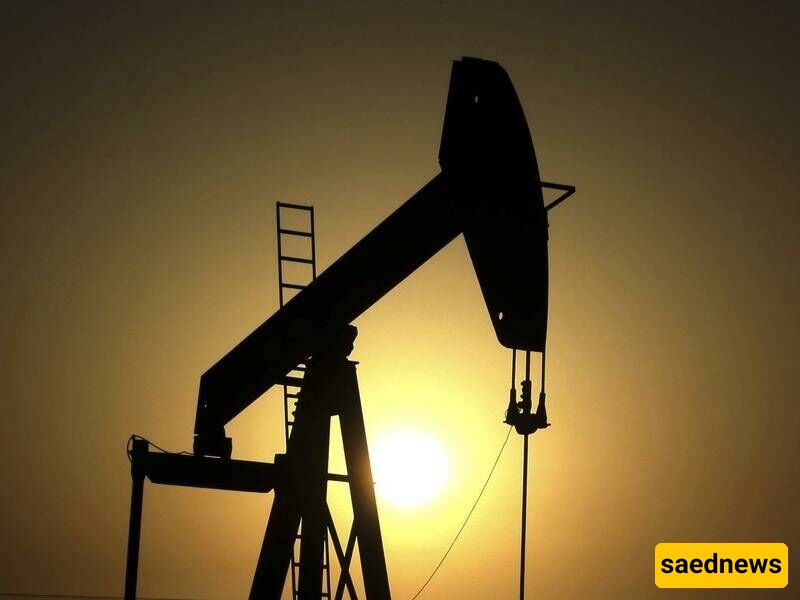SAEDNEWS: As the United States crosses a dangerous red line by entering Iranian territory, global investors are rapidly positioning for a new era of market volatility, surging oil prices, and a rush toward safe-haven assets.

According to SAEDNEWS, Reuters reports that following U.S. military actions on Iranian soil, investors are bracing for heightened volatility and a significant oil price spike, amid growing fears of a broader regional conflict.
Markets in the Middle East tumbled on Sunday, with investor sentiment rattled by Iran’s intensifying missile strikes on Israel in response to sudden and deep American involvement in the Iran-Israel confrontation. Traders are preparing for widespread equity selloffs, a surge in the U.S. dollar, and renewed interest in safe assets like gold.
"The markets are going to worry at first, and oil prices are going to rise," said Mark Spindel, Chief Investment Officer at Potomac River Capital. "We don’t yet have a damage assessment, and that’s going to take time."
Spindel warned of deep uncertainty across the global financial system, noting that U.S. interests around the world are now vulnerable to repercussions. "We’re likely heading into a period of elevated uncertainty and volatility, especially in energy markets."
Reuters highlights that a primary concern for economists is the potential inflationary impact of rising oil prices. Higher energy costs could undermine consumer confidence and reduce the likelihood of interest rate cuts in the near term.
Saul Kavonic, a senior energy analyst at MST Marquee in Sydney, suggested that Iran’s most probable response would involve targeting U.S. interests in the Middle East — particularly oil infrastructure in Iraq — or disrupting maritime traffic in the Strait of Hormuz, the key export channel for oil giants like Saudi Arabia, the UAE, Iraq, and Kuwait.
Economists warn that a sustained increase in oil prices could threaten an already fragile global economy, still recovering from trade tensions and tariffs imposed during the Trump administration.
Still, market history offers a measure of perspective. Past Middle Eastern crises — including the 2003 invasion of Iraq and the 2019 drone attacks on Saudi oil facilities — triggered temporary downturns in equity markets, which later rebounded and even rallied in the months that followed.
Reuters also noted the complex implications for the U.S. dollar. While concerns over declining "American exceptionalism" have weakened the dollar in recent months, a sharp escalation in the Iran conflict could increase demand for the greenback as a safe-haven asset in the short term.
"It’s hard to imagine stocks not reacting negatively," said Steve Sosnick, Chief Market Strategist at IBKR. "The real question is how deep that reaction goes — and that depends on Iran’s response and whether oil prices surge dramatically."

